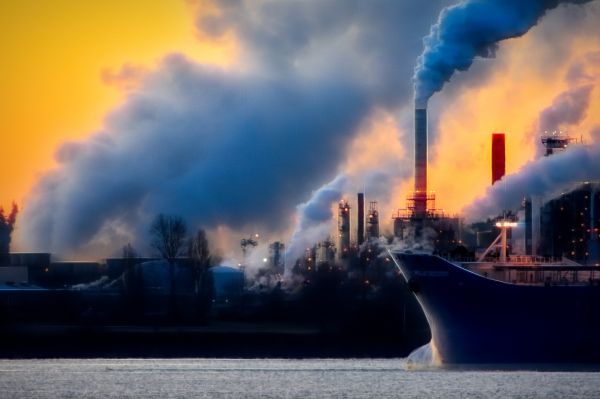Coal power versus wind and solar energy – debates about the Paris climate targets often centre around electricity supply. Yet, even in a world of stringent climate policies and a clean power generation, the remaining use of fossil fuels in industry, transport and heating in buildings could still cause enough CO2 emissions to endanger the climate targets agreed on by the international community, an international team of researchers finds. Published in Nature Climate Change, their elaborate study is the first to focus specifically on the residual fossil fuel emissions from sectors that are not as easily decarbonized as power generation.
“We wanted to decipher what really makes the difference in terms of carbon budgets and residual emissions. To identify crucial decarbonization bottlenecks towards 1.5-2°C stabilization, we focused on the role of fossil fuel emissions that originate in industries like cement or steel making, fuel our transport sector from cars to freight to aviation and goes into heating our buildings,” explains Shinichiro Fujimori, researcher from the National Institute for Environmental Studies (NIES) and Kyoto University in Japan. “These sectors are much more complicated to decarbonize than our energy supply, as there are no such obvious options available as wind and solar electricity generation."
Read more at Potsdam Institute for Climate Impact Research (PIK)
Image via Pixabay


